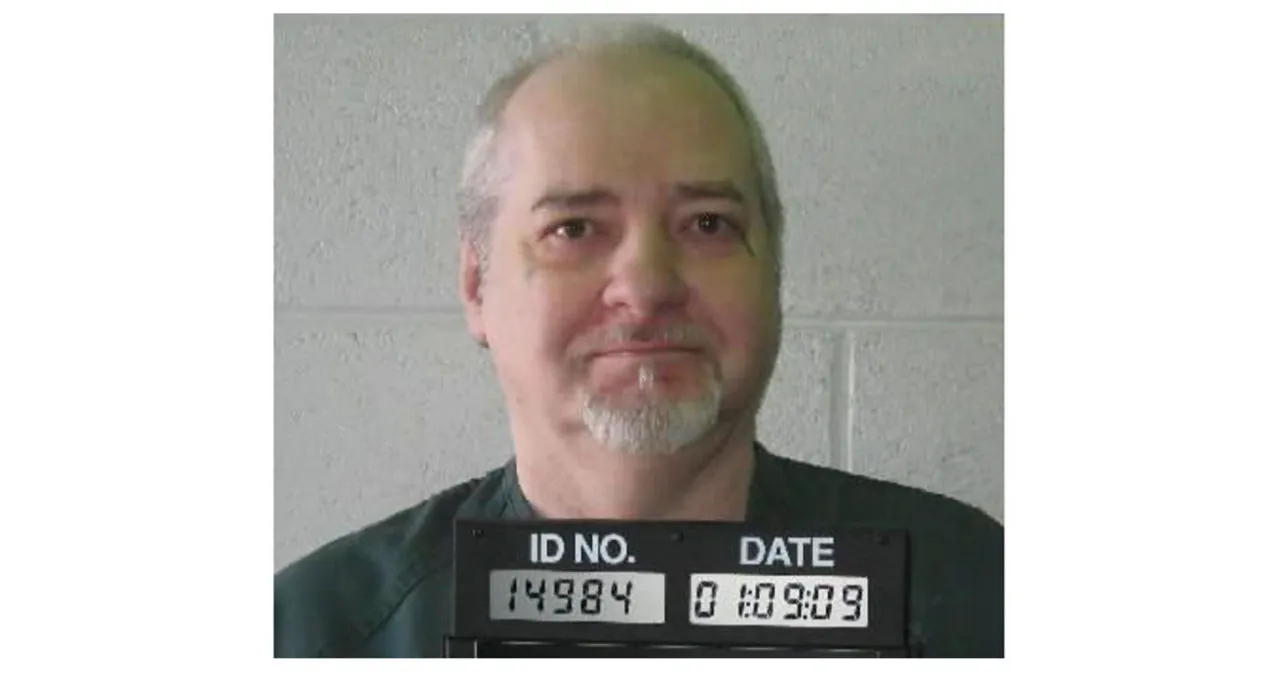Aiexpress – A United States appeals court panel declined on Friday to postpone the execution of one of the country’s longest-serving death row convicts, slated for next week in Idaho.
Thomas Creech was sentenced to death in 1983 for murdering David Jensen, a fellow jail inmate, with a battery-powered sock. Creech, 73, had been convicted of four murders and was already serving a life sentence when he killed Jensen.
He is also accused of many more murders stretching back half a century.
His counsel had petitioned the 9th U.S. Circuit Court of Appeals in San Francisco to postpone Creech’s lethal injection scheduled for Wednesday.
They said they needed more time to explore a claim that, under the country’s developing norms of decency, his death sentence should be overturned because it was delivered by a judge rather than a jury. Only 2.1% of prisoners on death row nationwide received their death sentences solely from a court, according to the report.
Three judges voiced skepticism during oral arguments on Thursday. They noted that, while arguments about “evolving standards of decency” have been used to prevent the execution of juveniles or people with severe developmental delays, Creech’s lawyers presented little or no evidence that Americans are increasingly opposed to the execution of inmates sentenced by judges rather than juries.
“We gave you an opportunity to tell us what evidence you had of an evolving standard, and you haven’t provided anything,” Judge Jay Bybee told Creech’s attorney, Jonah Horwitz. “This feels like it’s a delay for delay’s sake, and it’s a shot in the dark.”
The Idaho attorney general’s office opposed Creech’s request for a stay, stating that Creech could have raised the problem much earlier but waited until the last minute to try to stop the execution. “This is a claim that was essentially being held in the back pocket of Creech’s counsel, waiting until there was an actual execution scheduled,” said Deputy Attorney General LaMont Anderson.
In its decision on Friday, the panel rejected the notion that any nationwide shift away from executions of judge-sentenced criminals represents a new trend. It could have been just as accurate in 2002, when the United States Supreme Court ruled in Ring v. Arizona that jurors, not judges, should inflict the death penalty—aas it is today, according to the panel.
Even then, “only a small minority of jurisdictions authorized judge-imposed death sentences,” the panel stated. “It was clear, once Ring was decided, that the small number of executions of judge-sentenced capital defendants would decrease in the years to follow as those defendants were executed, were granted clemency, died of natural causes, or as their states imposed broader restrictions on executions generally.”
In other words, someone was always going to be the target of the last execution from a judge-imposed sentence, and Creech failed to demonstrate that sentiments against judge-imposed executions had shifted significantly in recent years. That means this allegation should have been appealed a long time ago, but it is now too late, according to the panel.
Creech’s attorneys have now filed three further objections to his execution. Two are with the United States District Court in Idaho, regarding the sufficiency of his recent clemency hearing and the state’s unwillingness to disclose where it received the medicine intended to kill him. The other option is to appeal to the United States Supreme Court.
Creech, an Ohio native, has a history of involvement in or suspicion of murder dating back half a century. In 1974, he was acquitted in the stabbing death of 70-year-old retiree Paul Shrader in Tucson, Arizona. Creech worked as a cook at the motel where Shrader’s body was discovered.
He later relocated to Portland, Oregon, and worked as a maintenance worker or sexton at St. Mark’s Episcopal Church. On August 7, 1974, the body of 22-year-old William Joseph Dean was discovered in Creech’s living quarters, and Sandra Jane Ramsamooj, a grocery store employee in Salem, was shot to death the same day.
Creech and his 17-year-old girlfriend were hitching through Idaho in November when two traveling housepainters picked them up. John Wayne Bradford, 40, and Edward Thomas Arnold, 34, were found shot and partially buried by a roadway. Creech was found guilty. His girlfriend came out to testify against him.
During police interrogations, Creech made some outlandish assertions, according to his attorneys, that he had killed 42 people, some in satanic rituals and others in contract killings for motorcycle gangs in multiple states. Authorities were unable to corroborate most of his statements, but they did discover two remains based on information he supplied and linked him to nine killings: two in Nevada, two in Oregon, two in Idaho, and one each in Wyoming, Arizona, and California.
Authorities originally refused to trust one of Creech’s stories. Creech said that while receiving treatment at the Oregon State Hospital for a suicide attempt, he obtained a weekend pass, traveled to Sacramento, killed someone, and then returned to the treatment center.
Based on this information, California police retested fingerprints discovered at the house of murder victim Vivian Grant Robinson, and they matched Creech. They also discovered that he had called the treatment center from her house to inform them that he would be returning late. Creech was found guilty of that charge in 1980.
During Creech’s clemency hearing this month, the state revealed new information—wwithout supporting evidence—tthat Creech had committed another killing in California, that of Daniel Walker in San Bernardino County in 1974. Prosecutors say they do not intend to pursue charges, citing Creech’s impending execution.
Creech was initially condemned to death following his 1975 Idaho conviction, but after the United States Supreme Court determined that automatic death penalties were unconstitutional, he was sentenced to life in prison. He was sentenced to death again for killing Jensen.

